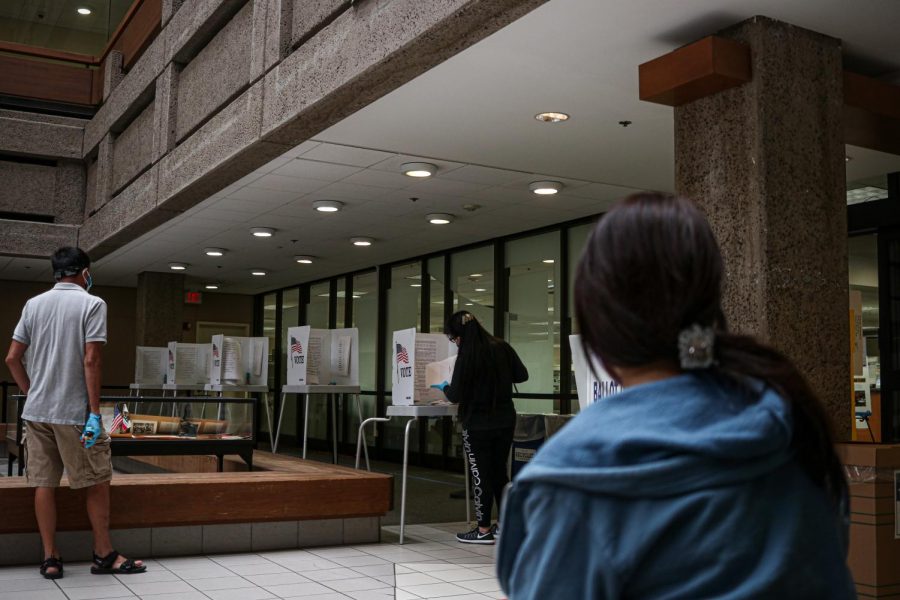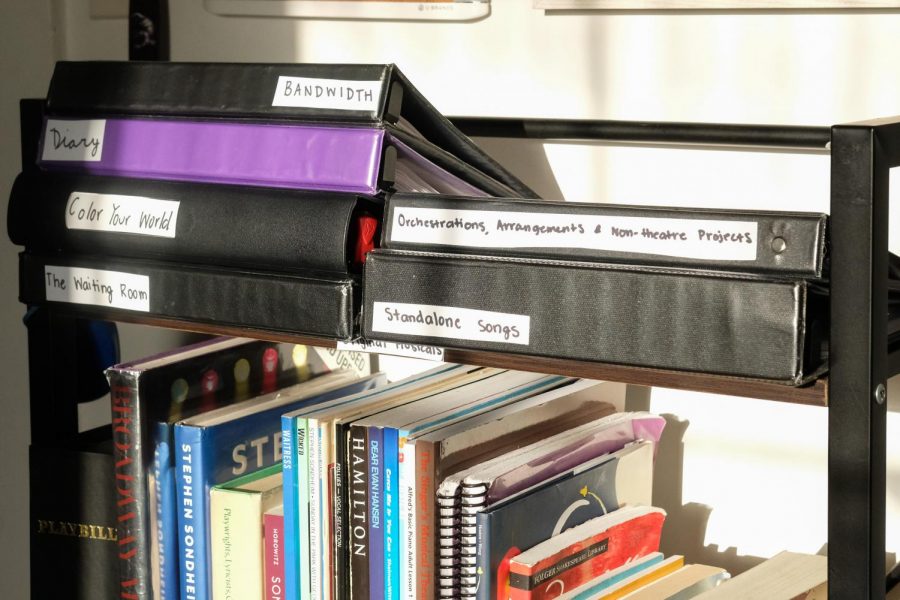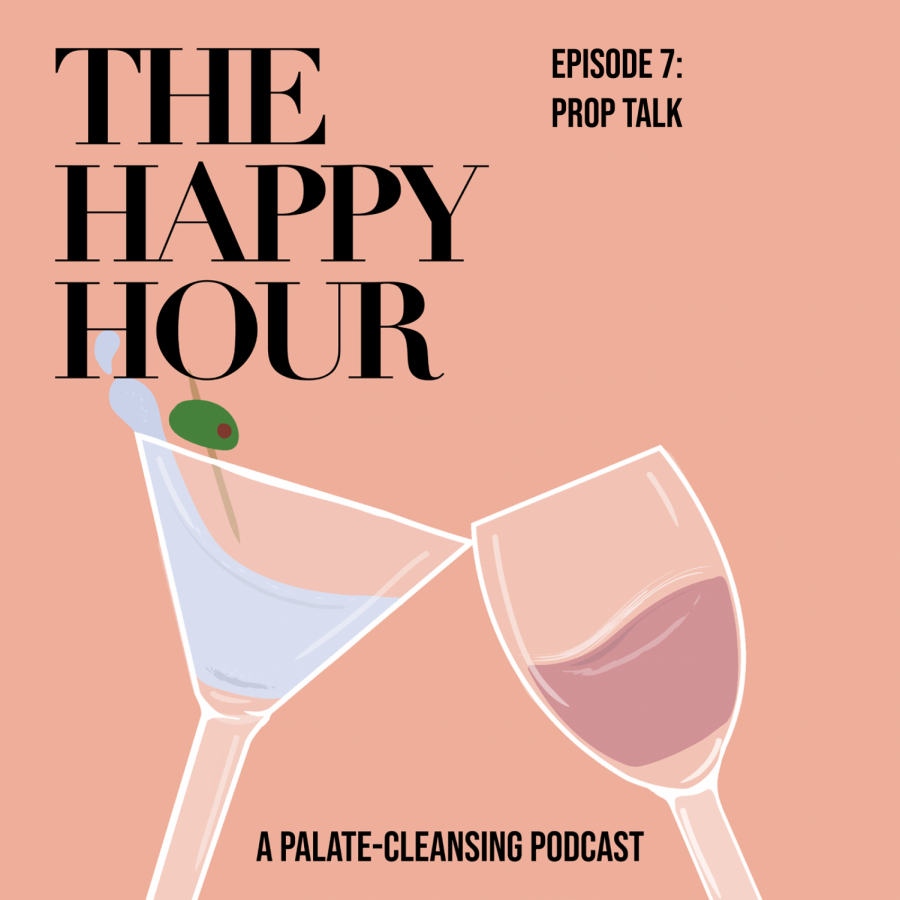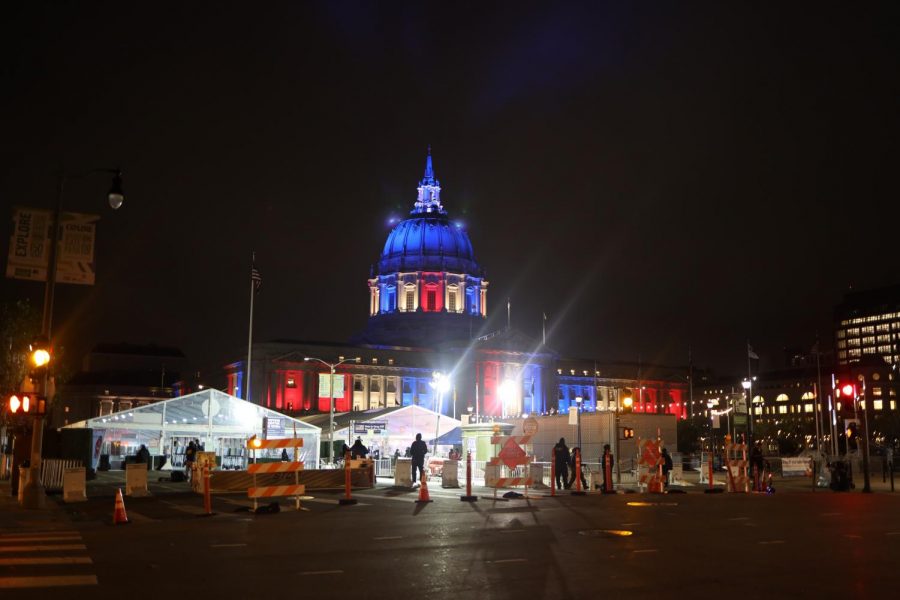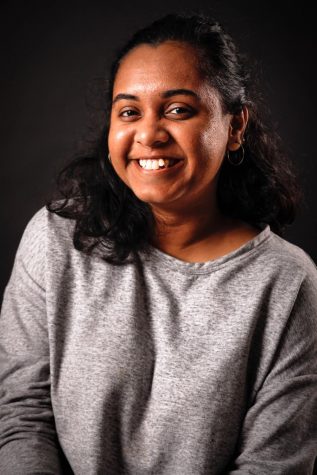The 2020 election, which generated a record voter turnout, also saw a sizable number of citizens that did not participate in the democratic process.
Despite record voter turnout in what Financial Review called “the most important election in US history,” with the Washington Post estimating 65% of Americans casting a vote, nearly 116 million citizens did not vote in the 2020 general election. For some, it was a choice. For others, voting was never even an option.
SF State student Alex Perez was unable to vote due to his status as a Deferred Action for Childhood Arrivals student, otherwise known as a DACA recipient. The DACA program, which gives Perez a pathway to attend school and maintain a job in the U.S., does not grant him rights such as voting and traveling outside of the country.
While Perez was unable to submit a ballot this Election Day, he said he urged his friends and family to vote. He said that he told his family his fear that his rights as a DACA student were at stake, because of President Trump trying to end DACA. But with President-elect Joe Biden, he plans to reinstate DACA.
“My vote depends on people who are able to vote, and it’s really scary for me that my fate depends others and I can’t do anything about it,” Perez said.
My vote depends on people who are able to vote, and it’s really scary for me that my fate depends others and I can’t do anything about it.
— Alex Perez
Perez said he had great concerns for people who were choosing not to vote, which could give President Trump an opportunity for a second term. With the 2016 elections there were many registered voters that have chosen to not vote because of disliking each candidate.
Now that Joe Biden is the president-elect, Perez feels more at ease about being a Dreamer, which he is expecting to be a road to citizenship.
According to SF State political science professor Ron Hayduck, 62% of eligible voters voted in this year’s election. He stated that about 80 million eligible voters did not participate in this year’s election, despite the high voter turn out.
“Non-voters are disproportionately lower income individuals, non-white, younger, and those maybe who have less education, who are disaffected by the two parties,” Hayduck said.
Voting laws and the demographics in each state can be a reason why voters are choosing to not vote during this election, according to Fair Vote.
The electoral college also affects the way eligible voters choose to vote, or not, Hayduck explained. He said that voters in some states, such as California and Montana, have a strong sense of their states’ outcomes, so some voters may not show up.
According to the California Secretary of State Office, Californian voters have options to vote by mail, vote early, vote in person and have same-day registration.
“In this election, many states made it easier by mail because of the pandemic,” Hayduck said. “But in other states the opposite happened.”
Voters in states such as Texas experienced difficulties voting, as the state allowed only one mail-in ballot drop off box per county. According to Hayduck, Louisville, Kentucky, went from having plenty of polling places to a limited amount.
Jason Mcdaniel, a political science professor at SF State who focuses on voting, said that the government makes it difficult for people to vote, with hurdles such as voter ID laws, voter registration requirements and poll taxes. Mcdaniel said that non-voters do not care about elections.
“Non-voters may feel apathetic. They feel that elections don’t matter. They are not interested in politics,” Mcdaniel said.
He added that younger voters have a lesser chance to vote in elections too.
“People who are 45 and older are much more, twice as likely, to vote compared to someone who is 18 to 29,” Mcdaniels said.
“Voting is a habit and maybe they just haven’t done it before, or maybe they don’t perceive it to be important to their lives,” Mcdaniel says, “they may feel it does not represent them, or they may not care about it.”



